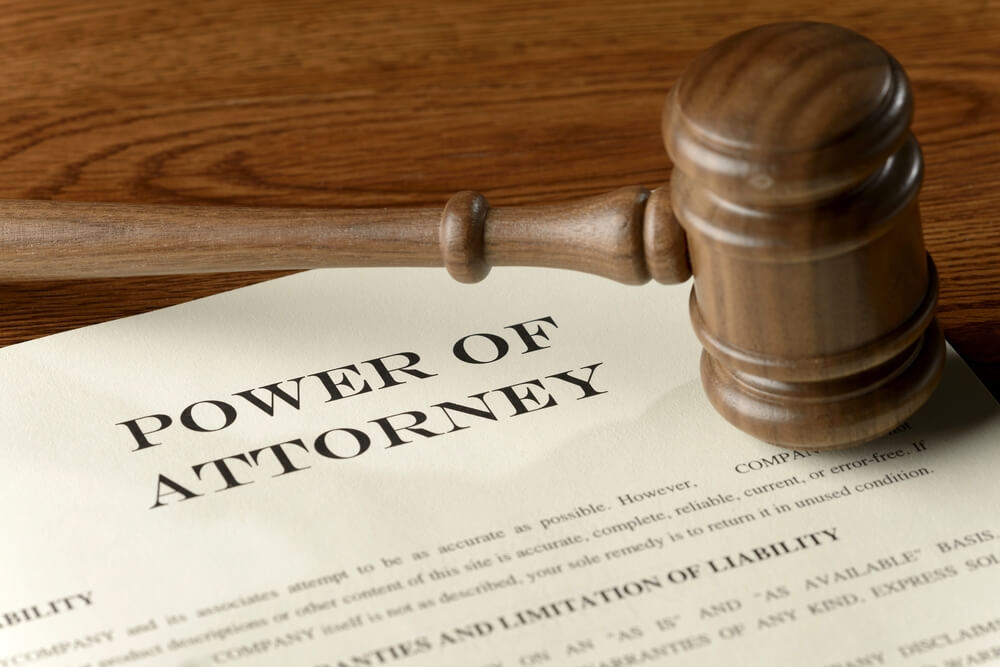Once you have reached an agreement or gone to trial and the judge has signed and entered a final judgment in your dissolution of marriage case, in most instances, you are officially divorced. The final judgment should include language that dissolves the marriage, and depending on what was requested or agreed upon, the final judgment should also establish a parenting plan, a timesharing schedule, and a child support order in those cases with children. In those cases involving assets and claims for spousal support, it should address how any property and liabilities are to be divided, support to be paid, and if requested, it should address attorneys’ fees.
For some, a final judgment may be a cause for celebration; for others, it may be very emotional knowing that your marriage has really ended. The one thought you might have is “at least that is over” but is it really over?

Unfortunately for some, maybe not. You may be involved in ongoing litigation even after you are divorced. If you or your former spouse are not happy with the outcome of the case, there may be remedies available for to both of you to challenge or correct the final judgment. In addition, if in the future your ex is not complying with the final judgment, you may have to return to court and request that the court intervene to compel your ex-spouse’s compliance with the order. On the other hand, if in the future yours or your ex’s circumstances change, you may want to return to court and seek an adjustment of certain elements of the final judgment to provide for your changing needs, your children’s changing needs or another change in circumstances that supports a modification of the matter.
If you are faced with these issues, you should act quickly to assess your rights as some forms of relief have hard deadlines that must be met, and depending on whether you are seeking to correct, enforce or modify a final judgment, you should hire an attorney with experience to handle your case. The attorneys at Nicole L. Goetz, P.L. have experience with these issues and can assist you throughout the entire process, from evaluation through settlement, and if necessary through litigation of the issue. To schedule a confidential consultation and receive more information about your options, please contact our office in Naples, Florida at 239-325-5030.
The information provided on law and legal topics is designed for general information only and does not constitute nor should it be considered legal advice. It is not a substitute nor should it be considered a substitute for legal advice from a qualified attorney knowledgeable about your specific factual situation.





